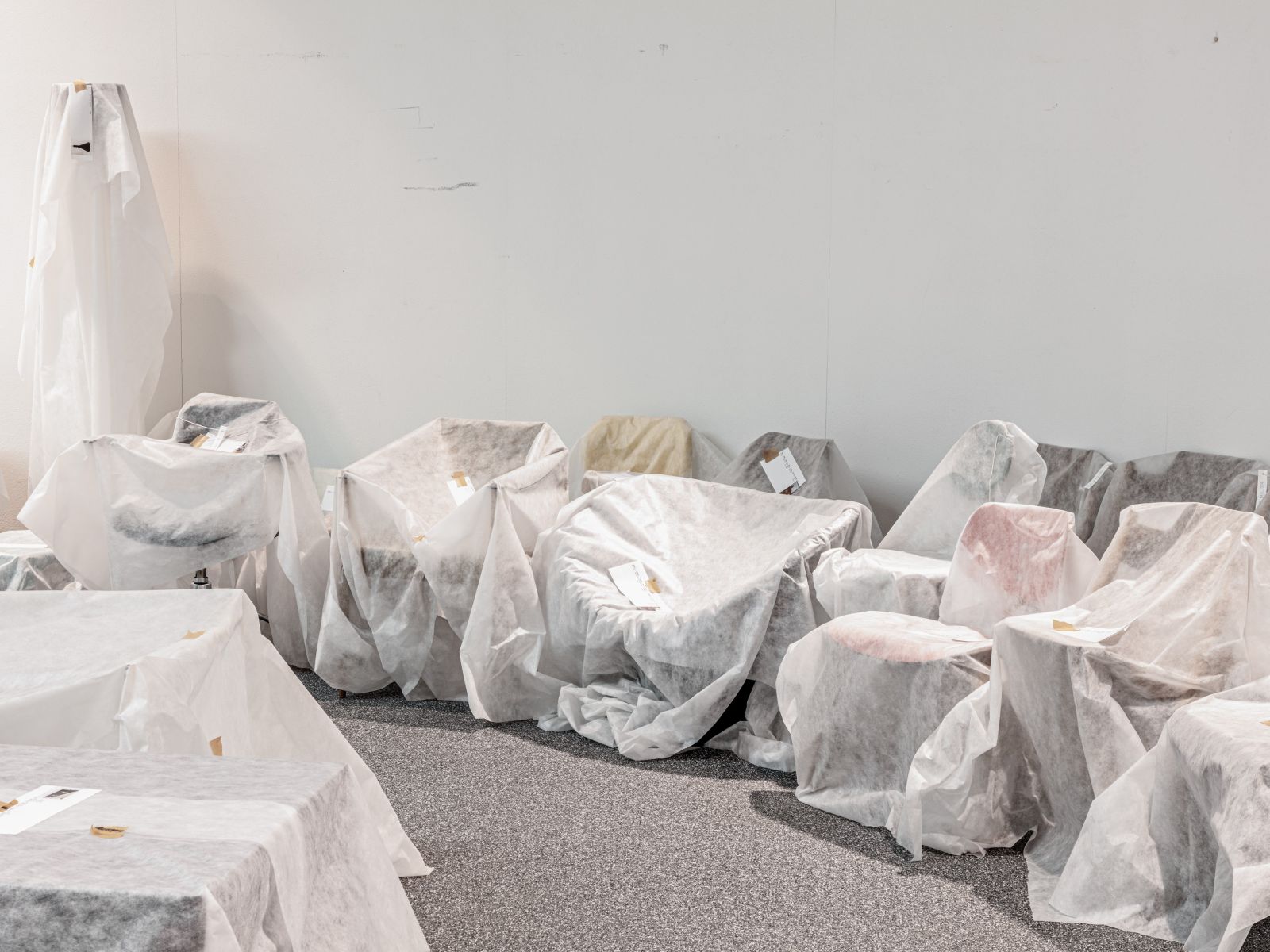Ricerca
Fragile Objects, Coded Knowledge (The Architectural Archive)
Project of the Lise Meitner Group “Coded Objects”

Foto: Christoph Engel
In architecture, the construction of disciplinary knowledge has been bound to the making of objects and their processes—be it plans, models, sketches or renderings—and their subsequent preservation: what the archive holds informs the histories that are written. If, for the necessary reconstruction of the discipline, one must question seemingly stable categories, one of them is necessarily the very preservation and construction of a disciplinary idea, and the processes that shape it. The architectural archive, an institution in which for decades or centuries knowledge was collected, documented and preserved in its material forms, is itself defined by spatial negotiation: what can be taken on, what needs to be left out, what has a spot in the shelves or drawers, what is relegated to basements or flea markets. This negotiation, however, stabilizes both objects and their categories. Boxes of unidentifiable, unsorted postcards or Xerox copies are still prone to being discarded to make space in the archive for ‘proper’ architectural archives like models, plans, or sketchbooks—even though they might entail different methods and modes of thinking about and creating architecture. And one can imagine that objects such as textile knits or fragile craftwork have long been sitting uncomfortably between such categories of value assignment or preservation, not least because they defy the expectations of a discipline built in the idea of a sole, male architecture genius. And yet, recent histories have shown how essential precisely the histories of seemingly marginal and non-architectural making and creating are for a more diverse and deeper understanding of architecture and its histories—and, not least, its protagonists: when architecture historians unravel the history knitted objects, conventional archival methods are no longer sufficient; when art historians write about the crumbling objects rather than monumental heritage, they can begin to construct the architectural legacy of a migrant community; when archivists place found objects next to precious photographs, questions of value can be asked differently. In order to include makers in the histories of objects that were never afforded the space or means to erect monuments or collect files, the Lise Meitner Group’s project embraces fragile objects as a way to understand how disciplinary knowledge has been coded.
The project was launched with a two-day workshop on 17 and 18 January 2024 with the participation of:
Costanza Caraffa, Kunsthistorisches Institut in Florenz – Max Planck Institute
Megan Eardley, University of Kassel
Mechthild Ebert, saai | Archive for Architecture and Engineering
S.E. Eisterer, Princeton University
Min Kyung Lee, Bryn Mawr College
Anna-Maria Meister, Kunsthistorisches Institut in Florenz – Max Planck Institute
Elis Mendoza, Universidad Nacional Autónoma de México / re/presentare
Anna Luise Schubert, Kunsthistorisches Institut in Florenz – Max Planck Institute
Olga Touloumi, Bard College
Alla Vronskaya, University of Kassel



